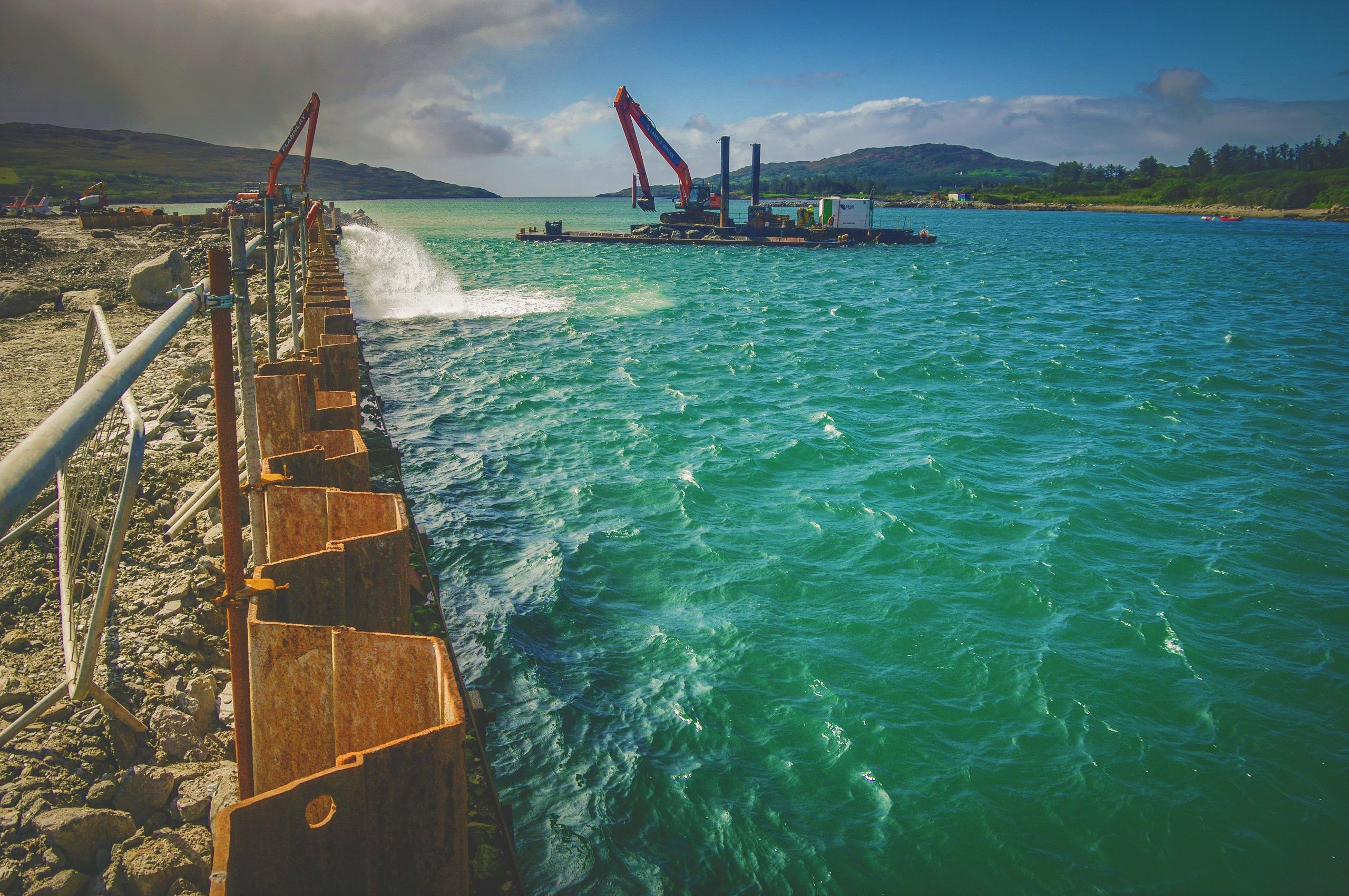2018 was a bellwether year for L&M Keating and its founder Louis Keating. Having carved out a niche in the lucrative marine engineering sector, the Clare-based building company was riding the crest of a financial wave. Earnings and profits were growing strongly, and its pipeline of future business was expanding. A joint venture with Roadbridge, the Irish civil engineering company, had been especially profitable, with the business winning a €100 million framework contract to provide services to the Dublin Port company. All told, the company increased revenues from €67 million in 2017 to €69.5 million, while pre-tax profits swelled from…
Cancel at any time. Are you already a member? Log in here.
Want to continue reading?
Introductory offer: Sign up today and pay €200 for an annual membership, a saving of €50.

